Antoine Vitez
출생 : 1930-12-20, Paris, France
사망 : 1990-04-30
약력
Antoine Vitez (December 20, 1930–April 30, 1990) was a French actor, director, and poet.
He was born in Paris, France and became an actor at the age of 19. He was director of the Théâtre national de Chaillot for seven years before being named to head the Comedie Francaise, a French theater company.
Description above from the Wikipedia article Antoine Vitez, licensed under CC-BY-SA, full list of contributors on Wikipedia.

Producer
Mise-en-scène, at the Comédie-Française, of La Vie de Galilée by Bertolt Brecht. This is the last staging by Antoine Vitez.

Script
Mise-en-scène, at the Comédie-Française, of La Vie de Galilée by Bertolt Brecht. This is the last staging by Antoine Vitez.
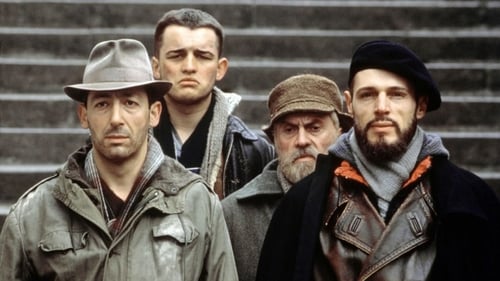
Le ministre de l'Intérieur
Postwar France was slow to recover from the after-effects of the World War Two. The economy was doing poorly, and many people were poor and homeless, sleeping under bridges, etc. The winter of 1953-54 proved particularly difficult for these people, as it was one of the coldest on record. Father Pierre (Lambert Wilson), a parish priest, on seeing the suffering of these people (and their frequent death from the cold), was moved to write the French government seeking help for them. When his letter, which was published in the newspapers, succeeded in rousing overwhelming popular support for helping the homeless, he was able to form a charitable group (still active today) titled "Les Chiffoniers d'Emmaus," or "The Ragpickers of Emmaus" to channel help to them. This biographical film tells the true story of Abbe Pierre's successful efforts in those years.

Self
This two-part film revolves around the correspondence between Antoine Vitez and the filmmaker

Writer
Mise-en-scène of the classic tragedy of Sofocles, carried out by Antoine Vitez in the National Theatre of Chaillot
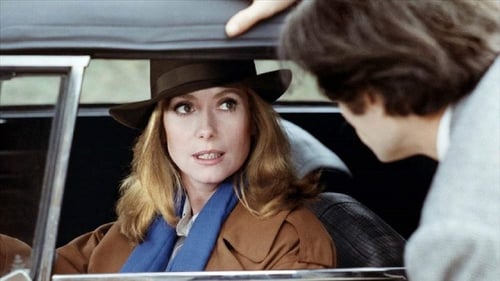
le délégué de la secte
Young aristocrat Arnaud de Maule hires female private detective Claude Alphand to investigate a strange cult, the Church of the Final Revival, that tried to recruit his girlfriend Chloé, who then disappeared, and it now stalks him.
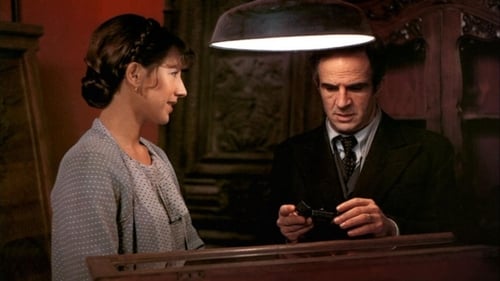
le secrétaire de l'évêque
1920년대 말 프랑스의 작은 마을. 줄리앙은 10년 전에 죽은 아내 줄리를 여전히 추억하며 살고 있다. 줄리앙은 녹색방에 줄리와의 추억을 모아둔다. 한편, 경매소에서 줄리앙을 만난 세실리아는 그를 사랑하게 되지만, 줄리앙은 서서히 메말라간다.

Director
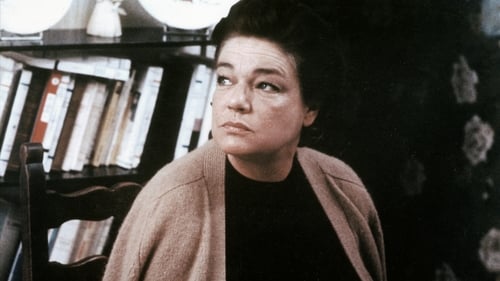
Communist friend
주인공 제라드는 체코슬라바키아의 외무부 차관이다. 요즈음 그는 누군가 자신을 감시하고 미행하고 있다고 느낀다. 그리고 어느 날, 그는 체포되어 독방에 감금당한다. 인민의 최고의 종복이었던 제라드는 수사과정에서 정신적인 고문을 당하면서 자신이 국가 반역에 대한 자백을 강요당한다. 체코슬로바키아의 공산주의자였던 아더 런던의 실화를 바탕으로 하고 있는 반공산주의 영화이지만, 동시에 전체주의에 반기를 들고 있는 작품이다.
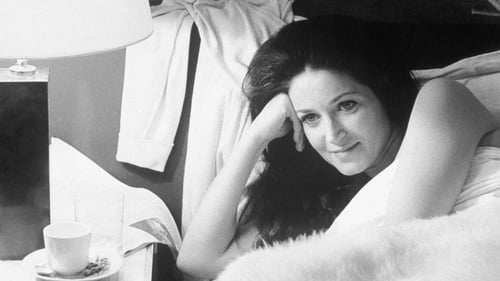
Vidal
장 루이는 클레몽 페롱에 살고 있는 40세 가량의 엔지니어이다. 그는 미사에 갔다가 서로 시선이 마주친 한 젊은 여성에게 한눈에 반해버려 그녀에게 곧 열렬한 사랑을 바치기로 하지만 그녀에 대해서는 아무것도 아는 것이 없다. 철학교사인 그의 친구는 그를 자신의 정부인 이혼한 여의사에게 소개시킨다. 운명은 그로 하여금 그녀의 집에서 밤을 보내도록 하는데..

Narrator
The film traces the history of witchcraft through Michelet's text, paintings, engravings, and film clips by Carl Th. Dreyer and Ingmar Bergman.
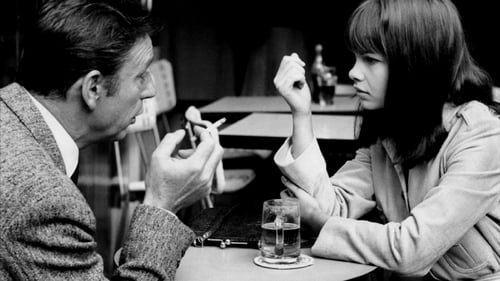
Pan-Am Employee
스페인 프랑코 정권을 전복시키기 위해 비밀공작을 벌이는 디에고는 노쇠한 좌파 혁명가다. 피곤에 지친 디에고는 조직의 일원인 마리안과 편안한 삶을 살고 싶어하지만 과격한 대학생 나딘과 만나면서 갈등을 겪는다. 레네 감독은 이 영화에서 직업 혁명가가 일상적인 삶과 직면했을 때 어떤 선택의 문제가 발생하는가를 보여준다.
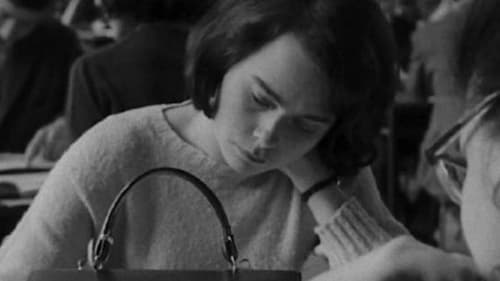
Récitant / Narrator (voice)
Eric Rohmer directs this short documentary that narrates the presence of women in French universities as of the time of its release -- 1966. During the film's short run, the narrator continues to point out that during the advent of World War II, only 21,000 women attended college and made only a 30 % of the student body, a number that by the 1964-1965 school year had passed the 120,000 mark. Instead of opting to live according to what was expected of them, now they were joining the work force, trading in aprons for lab jackets and becoming professionals even after getting married.

Récitant / Narrator
Documentary on “Perceval, the Story of the Grail”, written by Chrétien de Troyes in the 12th century.

A woman comes home from a long illness (read: a long absence). The city hasn't changed, the man she's returning to has. She will have to learn how to live all over again.

Narrator (voice)
A sophisticated and beautifully constructed account of landscape change in and around Paris in the early 1960s. The film raises complex issues about the meaning and experience of modern landscapes and the enigmatic characteristics of features such as canals, pylons and deserted factories. Rohmer also explores the role of landscape within different traditions of modern art and design and refers to specific architects, artists and engineers.








